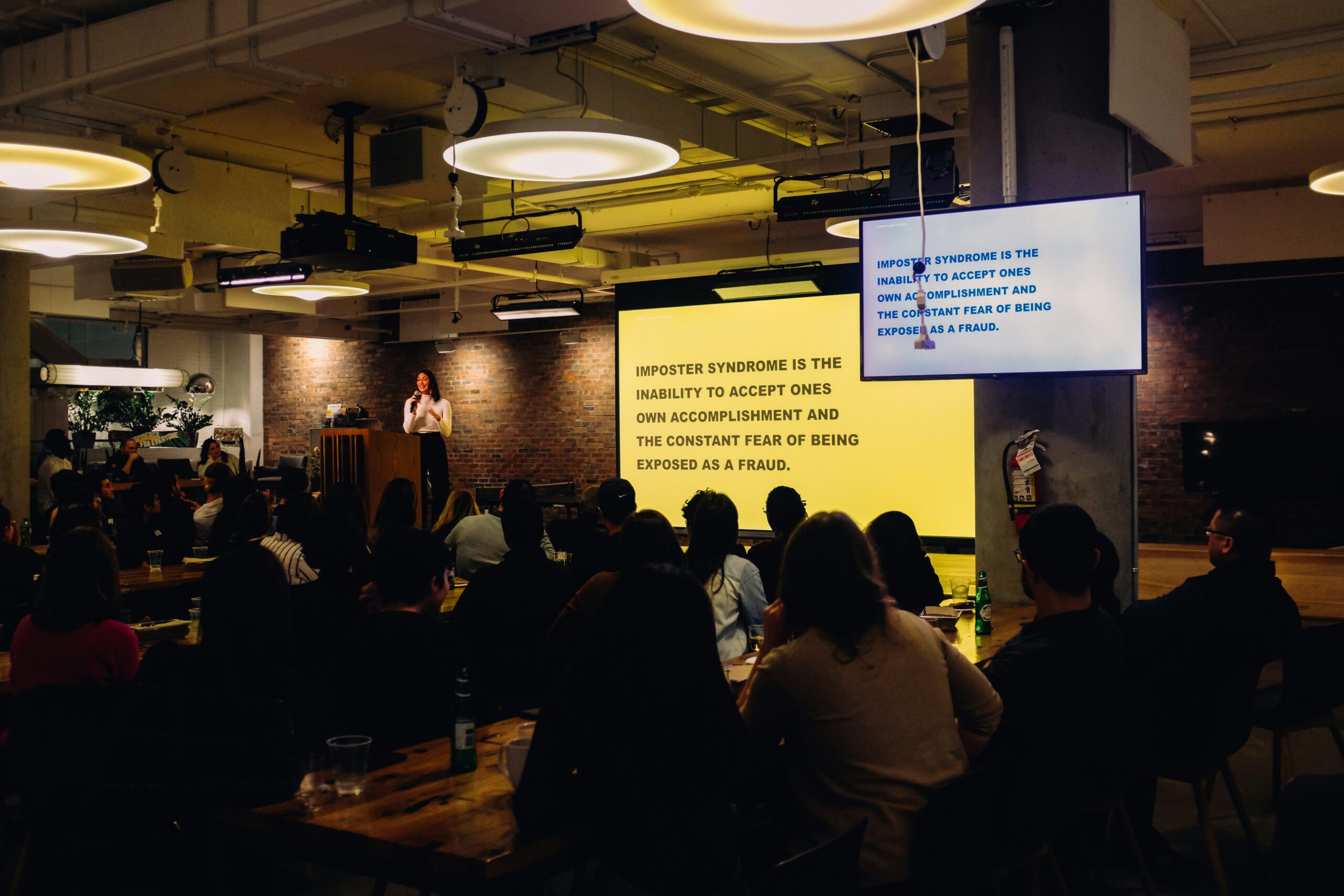Planning a multi-day corporate event can be a challenging task, even for seasoned event organizers. This guide offers essential strategies for planning a multi-day corporate event, focusing on key areas like venue selection, agenda design, and logistics management.
By following these expert tips, you’ll create a memorable experience that aligns with your organization’s goals and exceeds attendee expectations. Whether coordinating a conference, retreat, or training session, these strategies will equip you to manage the complexities of multi-day event planning with confidence and success.
Key Takeaways
- Effective planning involves setting clear goals, identifying a target audience, establishing a budget, and selecting appropriate dates
- Venue selection is crucial, considering capacity, facilities, accessibility, and contract negotiations for extended use
- Designing an engaging agenda with diverse activities maintains attendee interest throughout multi-day corporate events
- Efficient logistics management, including vendor coordination and technology implementation, ensures smooth event execution
- Enhancing attendee experience through personalized communications, networking tools, and real-time feedback improves overall event success
Choosing the Ideal Venue for a Multi-Day Event

Selecting the right venue is crucial for a successful multi-day corporate event. Event planners must assess capacity and facilities, consider accessibility and accommodation, negotiate contracts for extended use, and plan for on-site support.
These factors ensure a smooth experience for attendees and maximize the event’s impact. Proper venue selection sets the foundation for effective catering, internet connectivity, and overall event success.
Assessing Venue Capacity and Facilities
Event planners must carefully assess venue capacity and facilities to ensure a successful multi-day corporate event. The chosen space should accommodate all attendees comfortably while providing ample room for activities like gamification and scavenger hunts.
Facilities should include adequate catering areas for buffet-style meals and breakout rooms for productivity sessions. For virtual events, robust internet connectivity and audiovisual equipment are essential to seamlessly integrate remote participants.
Considering Accessibility and Accommodation Options
Event organizers should prioritize accessibility and accommodation options when selecting a venue for multi-day corporate events. The location should have convenient transportation links, ample parking, and nearby lodging.
Venues with on-site accommodations enhance networking opportunities with team-building activities and cocktail receptions. Additionally, ensuring adequate lighting and payment facilities and incorporating social media integration are essential for streamlining logistics and maximizing engagement.
By focusing on these factors, organizers can create a seamless and professional event experience that meets attendees’ needs and expectations.
Negotiating Contracts and Terms for Extended Use
Negotiating contracts and terms for extended use is crucial when planning a multi-day corporate event. Event organizers should focus on securing favorable rates, flexible cancellation policies, and access to necessary facilities throughout the event duration.
They must consider the venue’s accessibility for all attendees, including those with special needs, to ensure the event’s goals are met. Attention to detail in contract negotiations can lead to cost savings and improved audience engagement, allowing for dynamic exercises and activities that enhance the overall event experience.
Planning for On-Site Support and Services
Planning for on-site support and services is essential for multi-day corporate events. Event organizers should work closely with venue staff to ensure reliable technical support, efficient catering services, and comprehensive security measures.
This includes securing expert assistance during workshops, managing event budgets effectively, and using analytics tools to monitor attendee engagement and revenue generation.
By coordinating these elements carefully, event planners can deliver a seamless experience that not only maximizes the event’s success but also aligns with its overall objectives.
Managing Logistics and Operations Effectively

Effective logistics and operations management is crucial for successful multi-day corporate events. This section explores coordinating with vendors, organizing transportation and accommodation, implementing technology needs, and preparing for health and safety requirements.
Event planners can use event management software to streamline these processes, negotiate fees, and develop marketing strategies. Mastering these skills ensures smooth event execution.
Coordinating With Vendors and Suppliers
Coordinating with vendors and suppliers is crucial for managing the budget and ensuring a successful multi-day corporate event. Event planners must negotiate prices for various elements, from party supplies to escape room experiences, to maximize value while staying within financial constraints.
By establishing clear communication channels and setting expectations early, organizers can create a seamless experience that transforms ordinary rooms into engaging spaces for attendees.
Organizing Transportation and Accommodation Logistics
Organizing transportation and accommodation logistics is crucial for multi-day corporate events. Event planners must develop a comprehensive strategy that addresses security concerns, minimizes risks, and ensures attendees’ comfort.
This includes coordinating airport transfers, arranging hotel bookings, and planning meal services. Effective logistics management requires in-depth knowledge of local transportation options and accommodation facilities. Event organizers should consider the following key aspects:
- Secure group transportation options
- Negotiate favorable hotel rates
- Coordinate meal plans and dietary requirements
- Implement a risk management plan
- Provide clear communication to attendees about logistics
Implementing Technology and Audio-Visual Needs
Implementing technology and audio-visual solutions is key to a successful multi-day corporate event. Event planners should ensure seamless integration of marketing tools, brand messaging, and creative elements. This includes setting up reliable transport systems for equipment, coordinating drink stations with digital displays, and addressing both in-person and virtual attendees’ needs.
A comprehensive technology plan should incorporate high-speed Wi-Fi, dynamic digital signage, custom event apps for engagement, and high-quality AV equipment for presentations, ensuring a smooth and engaging experience for all participants.
Preparing for Health, Safety, and Accessibility Requirements
Event planners must prioritize health, safety, and accessibility when organizing multi-day corporate events. This involves creating a detailed checklist covering emergency procedures, venue accessibility, and health precautions, such as hand sanitizing stations and on-site medical support.
Ensuring wheelchair access and preparing for emergency responses are crucial steps to creating a safe environment for all attendees, including those in keynote sessions. Highlighting these safety measures in event marketing can build trust and encourage participation, creating a secure and welcoming atmosphere for everyone.
Marketing and Promoting Your Multi-Day Event

Effective marketing is crucial for multi-day corporate event success. Corporate event planners must develop comprehensive strategies, leveraging digital channels and social media to boost event visibility.
Engaging partners and sponsors can enhance the event’s reputation and return on investment. Monitoring registrations and adjusting tactics ensures optimal attendance, particularly for trade shows. This section explores key marketing approaches for corporate event planning.
Developing a Comprehensive Marketing Strategy
Developing a comprehensive marketing strategy is essential for the success of a multi-day corporate event. Event planners must integrate various elements, including group travel logistics, technology solutions, and leadership engagement, to create a cohesive promotional plan.
This strategy should address both in-person and virtual event components, ensuring maximum reach and participation. A well-rounded approach might include:
- Targeted email campaigns to key stakeholders
- Social media promotions highlighting event features
- Collaboration with industry influencers for increased visibility
- Creation of engaging content to showcase event value
- Utilization of event management software for streamlined registration
Utilizing Digital Channels and Social Media
Event planners can leverage digital channels and social media to promote multi-day corporate events effectively. By creating a hybrid event strategy that combines in-person and virtual elements, organizers can reach a wider audience and increase engagement.
Social media platforms offer opportunities to share event updates, highlight speakers, and gather feedback from attendees before, during, and after the event.
Engaging Partners and Sponsors
Engaging partners and sponsors is crucial for the success of multi-day corporate events. Event planners should develop tailored sponsorship packages that offer value to potential partners while aligning with the event’s goals.
By showcasing the benefits of participation, such as brand exposure and networking opportunities, organizers can attract high-quality sponsors. Effective engagement strategies include:
Monitoring Registrations and Adjusting Tactics
Event planners must continuously monitor registrations and adjust marketing tactics to ensure optimal attendance for multi-day corporate events. By tracking registration data, organizers can identify trends and make informed decisions about promotional strategies.
If registration numbers fall short of targets, planners may need to intensify social media campaigns, offer early bird discounts, or reach out to potential attendees through personalized email marketing. Regularly assessing the effectiveness of different marketing channels allows event organizers to allocate resources efficiently and maximize event participation.
Enhancing Attendee Experience and Engagement

Enhancing attendee experience and engagement is crucial for multi-day corporate events. This section explores personalizing communications, providing networking tools, offering exceptional customer service, and gathering real-time feedback.
These strategies help create a memorable and valuable event for participants, fostering connections and maximizing the impact of the gathering.
Personalizing Communications and Interactions
Event planners can enhance the attendee experience by personalizing communications and interactions throughout multi-day corporate events. This includes tailoring messages based on participants’ roles, interests, and preferences. By leveraging event management software to gather attendee data, organizers can create customized schedules, recommend relevant sessions, and send targeted updates.
Personalized touches, like addressing attendees by name and offering role-specific networking opportunities, help foster stronger connections and increase engagement, leading to higher satisfaction and a more impactful event experience.
Providing Networking Tools and Platforms
Event planners can enhance networking opportunities at multi-day corporate events by providing robust tools and platforms. Digital event apps allow attendees to connect, schedule meetings, and exchange contact information seamlessly.
Interactive message boards and virtual lounges facilitate discussions and group chats, fostering connections among participants with similar interests. By incorporating these technologies, organizers create an environment that encourages meaningful interactions and professional relationship-building throughout the event.
Offering Exceptional Customer Service
Offering exceptional customer service is crucial for enhancing attendee experience at multi-day corporate events. Event planners should train staff to anticipate and address attendees’ needs promptly, ensuring a smooth and enjoyable experience throughout the event.
This includes providing clear signage, offering assistance with registration and scheduling, and quickly resolving any issues that arise. By prioritizing attentive and personalized service, organizers create a positive atmosphere that fosters engagement and leaves a lasting impression on participants.
Gathering Real-Time Feedback During the Event
Gathering real-time feedback during multi-day corporate events is essential for improving the attendee experience and making timely adjustments. Event planners can utilize tools such as digital polling, mobile apps, and interactive kiosks to collect instant feedback on sessions, speakers, and overall satisfaction.
This data enables quick responses to attendee needs, ensuring the event remains engaging and valuable. Methods like live polling, QR code surveys, social media analysis, and digital suggestion boxes for anonymous input help maintain a continuous feedback loop, demonstrating the organizer’s commitment to delivering value.
Conclusion
Planning a multi-day corporate event requires meticulous attention to detail, from setting clear objectives to enhancing attendee engagement. Successful events rely on factors such as venue selection, a structured agenda, effective logistics, and strategic marketing efforts.
By focusing on personalized experiences, utilizing technology, and gathering real-time feedback, event planners can ensure memorable and impactful gatherings. A well-executed multi-day corporate event fosters meaningful connections, drives business outcomes, and leaves a lasting positive impression on participants, ultimately achieving the organization’s goals.

